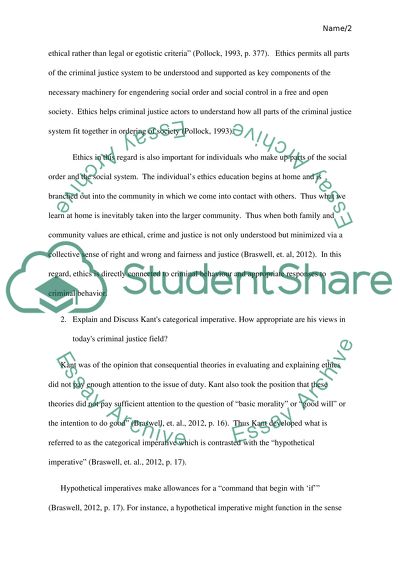Cite this document
(“Define And Discuss The Term Ethics From Your Own Perspective Coursework”, n.d.)
Retrieved from https://studentshare.org/law/1465693-4-questions-in-criminal-justice-ethics
Retrieved from https://studentshare.org/law/1465693-4-questions-in-criminal-justice-ethics
(Define And Discuss The Term Ethics From Your Own Perspective Coursework)
https://studentshare.org/law/1465693-4-questions-in-criminal-justice-ethics.
https://studentshare.org/law/1465693-4-questions-in-criminal-justice-ethics.
“Define And Discuss The Term Ethics From Your Own Perspective Coursework”, n.d. https://studentshare.org/law/1465693-4-questions-in-criminal-justice-ethics.


